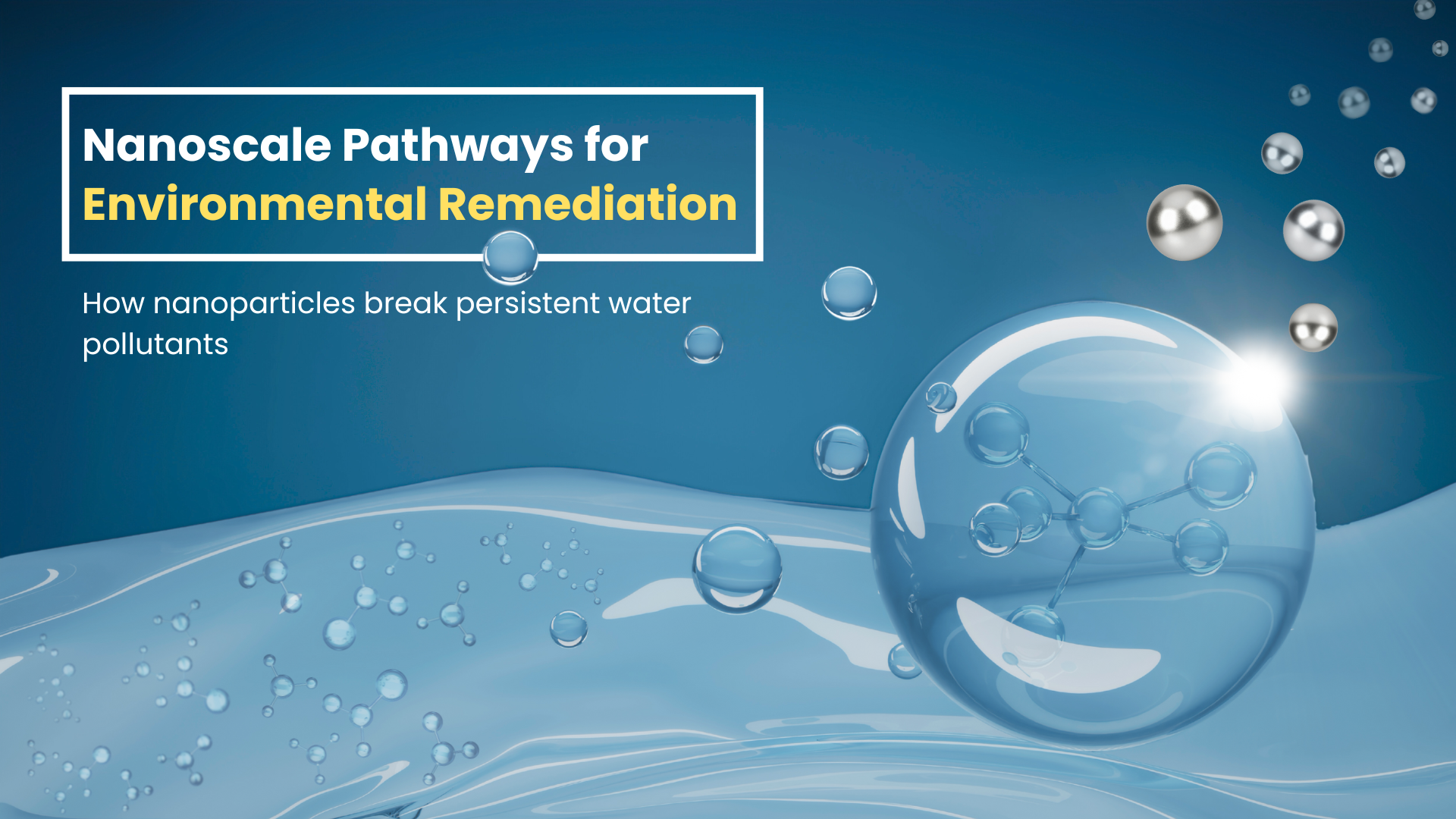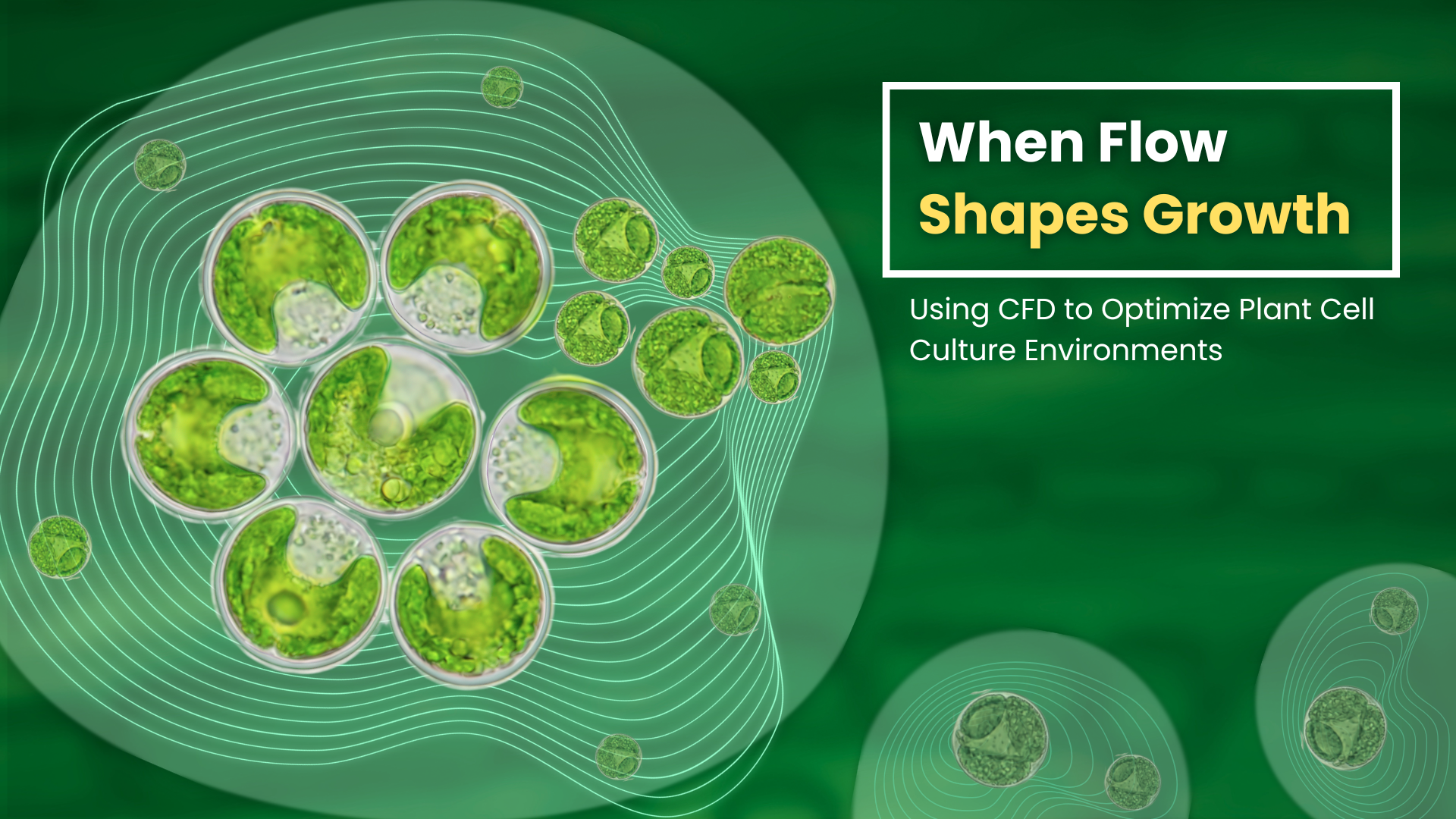
Renewable fuel sources are the need of the hour. Compression ignition engines are the preferred choice of engines for heavy-duty applications. Using fossil diesel in such engines causes pollution by releasing nitrogen oxides, soot, hydrocarbons, and carbon monoxide.
Thus biodiesel has been chosen as the preferred replacement for fossil diesel. Biodiesel is found to be as good as fossil diesel. It is obtained from non-edible and waste cooking oil sources, thus not affecting the food versus fuel debate.
However, biodiesel-fuelled engines release more nitrogen oxide emissions than fossil diesel. It also has a lower calorific value leading to a need for higher fuel mass than diesel. Thus, biodiesel must be blended with high specific heat and high latent heat of vapourization fuels or diluents to combat these problems.
Water is useful upon mixing with biodiesel to improve engine performance and reduce emissions. The temperature in the cylinder of the engine is reduced, which helps mitigate the nitrogen oxide emissions. Soot formation is also found to be reduced. Early vapourization of water inside the fuel droplet increases its temperature, thus resulting in a phenomenon called microexplosion. This results in smaller fuel fragments, improving air-fuel mixing and reducing the soot formation rate.
However, biodiesel and water do not mix properly. Therefore, an emulsifier or a surfactant is needed to stabilize the water-in-fuel emulsions. Usually, a mixture of nonionic surfactants, Span80 and Tween80, is used for this purpose. But there is a need for surfactants based on renewable natural resources. Until now, there has not been much research done on preparing emulsions of biodiesel and water, with neat biodiesel as the base fuel. There are also hardly any studies on novel surfactants pertinent to biodiesel-water emulsions and their effect on engine performance and exhaust emission.
In this study conducted by Mr. Sudarshan Gowrishankar, and Dr. Anand Krishnasamy from the Department of Mechanical Engineering, Indian Institute of Technology (IIT) Madras, Chennai, India, three surfactants are selected, and their efficacy in producing stable biodiesel-water emulsions with neat biodiesel as the base fuel, and their effects on engine characteristics is investigated.


The combination of nonionic Span80-Tween80 was one of the surfactants chosen. The other two were polyglycerol poly ricinoleate (PGPR) and raw Karanja oil (RKO). PGPR is a lipophilic surfactant commonly used as a stabilizer for water-in-oil emulsions with the capacity to hold more significant proportions of water. The ability of PGPR to form elastic interfaces, which significantly slows down the rate of coalescence between water droplets in an emulsion, was the reason it was used in this study. Since mono-acyl and di-acyl glycerol molecules have been proven effective in formulating water-in-oil emulsions, an attempt was made to use raw Karanja oil as a surfactant since it is a triacylglycerol molecule.
Water concentrations were fixed at 6, 12, and 18 percent by mass with the three chosen surfactants. 1 percent surfactant by mass was chosen for 6 and 12 percent water and 2 percent for 18 percent water.
It was found that PGPR and Karanja oil were suitable substitutes for Span80-Tween80 as surfactants for biodiesel-water emulsions. They are also relatively cheaper and environmentally friendly. The engine exhaust emissions, such as oxides of nitrogen, smoke, and carbon monoxide, were also significantly reduced. These studies can reveal critical insight into the benefits of using emulsion fuels in real-time in automotive engines. Dr. Indrapal Singh Aidhen from the Department of Chemistry, Indian Institute of Technology (IIT) Madras, Chennai, India, was instrumental in paving the way forward in exploring novel surfactants and their use in the formulation of the emulsions.
Prof. Ravi Fernandes, Head of the Department of Physical Chemistry, Physikalisch-Technische Bundesanstalt, Braunschweig, Germany, analysed and lauded the efforts of the authors by giving the following comments: “The research team of Prof. Anand Krishnasamy developed novel surfactants to produce biodiesel-water emulsions stable for more than five months. Adding water to fuel is a well-established method in the literature to mitigate the two major harmful pollutants, oxides of nitrogen (NOx) and particulate matter (PM) emissions from the diesel engine exhaust. However, a significant shortcoming with water-in-fuel emulsions includes the possibility of corrosion resulting from the presence of water, which is of significance upon phase separation that can lead to durability issues of the engine system components. The research team effectively addressed this problem by presenting a methodology with novel surfactants to produce stable biodiesel-water emulsions with up to 18% water. Currently, biodiesel-water emulsions are prepared with commercial surfactants developed for diesel-water emulsions, Span 80 and Tween 80. They concluded that the stability of biodiesel-water emulsions is poor with the use of surfactants developed for diesel emulsions. The novel surfactants investigated for biodiesel-water emulsions, including PGPR and raw vegetable oil, revealed that raw vegetable oil is an effective surfactant for producing stable emulsions. The engine studies with biodiesel-water emulsions produced with different surfactants have shown that raw vegetable oil as a surfactant performed better than those prepared with commercial surfactants. The research team concluded that there were significant benefits to engine performance with improved fuel economy and around 50% reduction in NOx and PM emissions with stable biodiesel-water emulsions than neat biodiesel. Thus, the researchers find means to achieve high efficiency and clean combustion using renewable biodiesel-water emulsions that are useful for several applications involving on-road and off-road diesel-powered engines.”
Article by Akshay Anantharaman
Here is the original link to the paper:
https://www.sciencedirect.com/science/article/abs/pii/S001623612202395X










